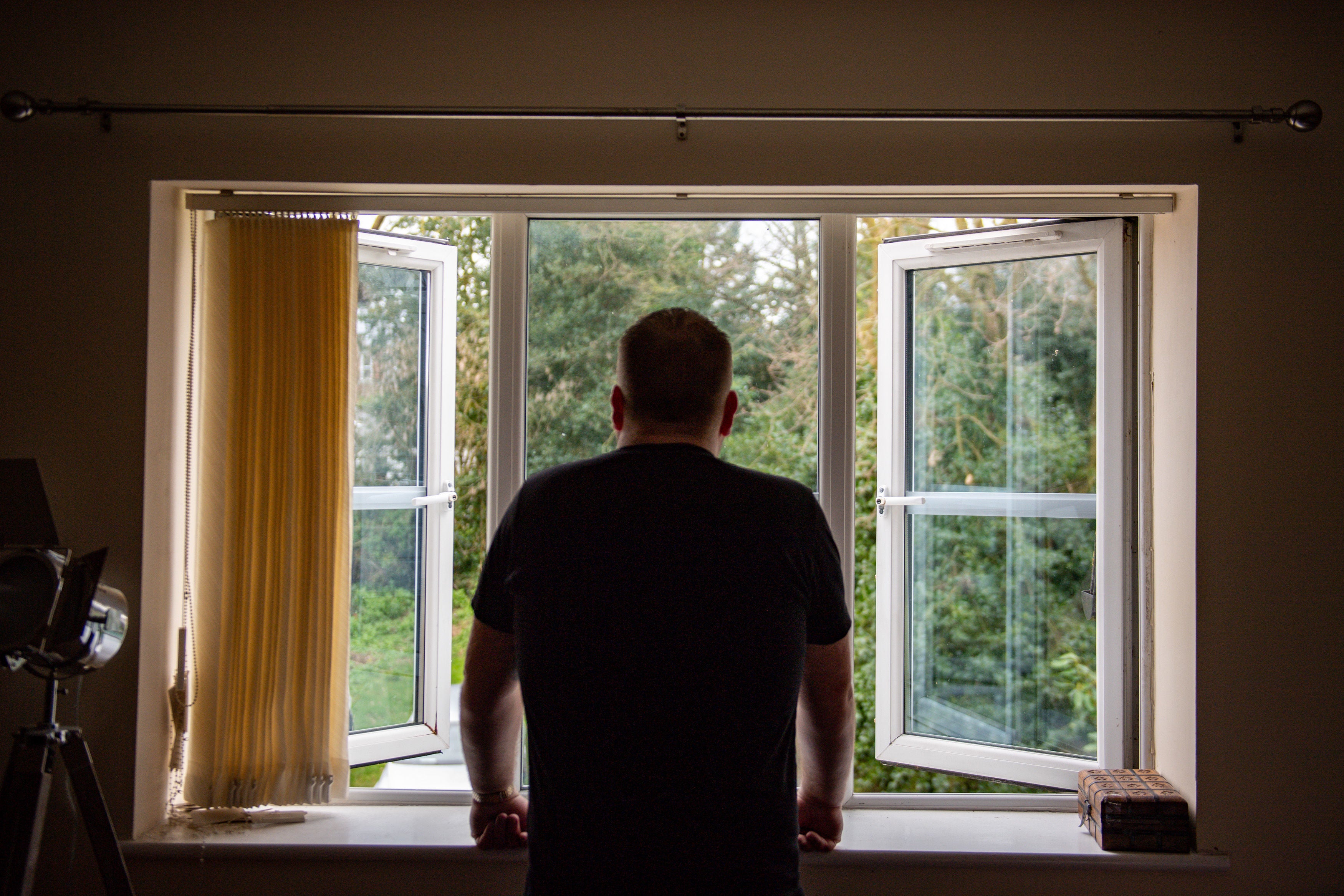Care staff shortages mean vulnerable adults in ‘lockdown by another name’
The Association of Directors of Adult Social Services said providers were reporting workforce absences of between 5% and 10%.

Your support helps us to tell the story
From reproductive rights to climate change to Big Tech, The Independent is on the ground when the story is developing. Whether it's investigating the financials of Elon Musk's pro-Trump PAC or producing our latest documentary, 'The A Word', which shines a light on the American women fighting for reproductive rights, we know how important it is to parse out the facts from the messaging.
At such a critical moment in US history, we need reporters on the ground. Your donation allows us to keep sending journalists to speak to both sides of the story.
The Independent is trusted by Americans across the entire political spectrum. And unlike many other quality news outlets, we choose not to lock Americans out of our reporting and analysis with paywalls. We believe quality journalism should be available to everyone, paid for by those who can afford it.
Your support makes all the difference.Some of the most vulnerable people in society are experiencing “lockdown by another name” as care staff shortages mean they are increasingly unable to fully live their lives, a social care boss has said.
Stephen Chandler, president of the Association of Directors of Adult Social Services (Adass), said providers across England were reporting absences of between 5% and 10% of their workforce.
He said services were experiencing a triple threat – staff isolating or off sick with Covid an increasing number of outbreaks in care settings, and problems with accessing vital tests and delayed results.
Mr Chandler said he was aware of two councils where decisions had been made to reduce the number of visits carers could make to some people in their homes on a case-by-case basis.
We want people to understand that just because you happen to have a learning disability or you've got a severe mental illness, and you're not able to go out, that is not a good thing - there is a real risk that that person will lose some of their independence
And he said two national supported living providers, who help people with mental health needs and learning disabilities to live independent lives, had told him they were not able to support people going out as much.
Mr Chandler told the PA news agency that some vulnerable people were not being helped to go to day centres, go shopping or carry out other activities because of staff shortages.
This meant they may not be supported to leave their homes for weeks, posing a risk to their health and wellbeing through increased isolation and inactivity.
He said: “That extra support – the normal support for them – that’s no longer possible because of the staff absences.
We all know how difficult lockdown was for each of us - this is lockdown by another name
“So we want people to understand that just because you happen to have a learning disability or you’ve got a severe mental illness, and you’re not able to go out, that is not a good thing – there is a real risk that that person will lose some of their independence.
“And we all know how difficult lockdown was for each of us – this is lockdown by another name.”
He added: “I suspect, if I was to talk to 10 providers, I would get varying degrees of the same picture.”
In Oxfordshire County Council, where Mr Chandler is director of adult services, one day-service had to be temporarily closed before Christmas when a staff member tested positive.
Councils across the country were ready to deploy workers from other services, such as library staff, to help fill care rota gaps, he said.
Adass is currently surveying the 151 councils in England with adult social care responsibility about what measures in their contingency plans they have had to put in place to cope.
Mr Chandler also suggested it would be “helpful” if the period for which a care home restricts movements in and out of the premises after it experiences a Covid-19 outbreak was shortened, for example to 14 days if negative tests are recorded.
Currently, if a care home has at least two coronavirus cases, outbreak control measures – such as closing to new admissions, and indoor visitors except those with essential caregiver status – can be in place for 28 days.
Shortening this period, if safe to do so, could enable more family members to visit their loved ones, as well as helping NHS services safely discharge patients.